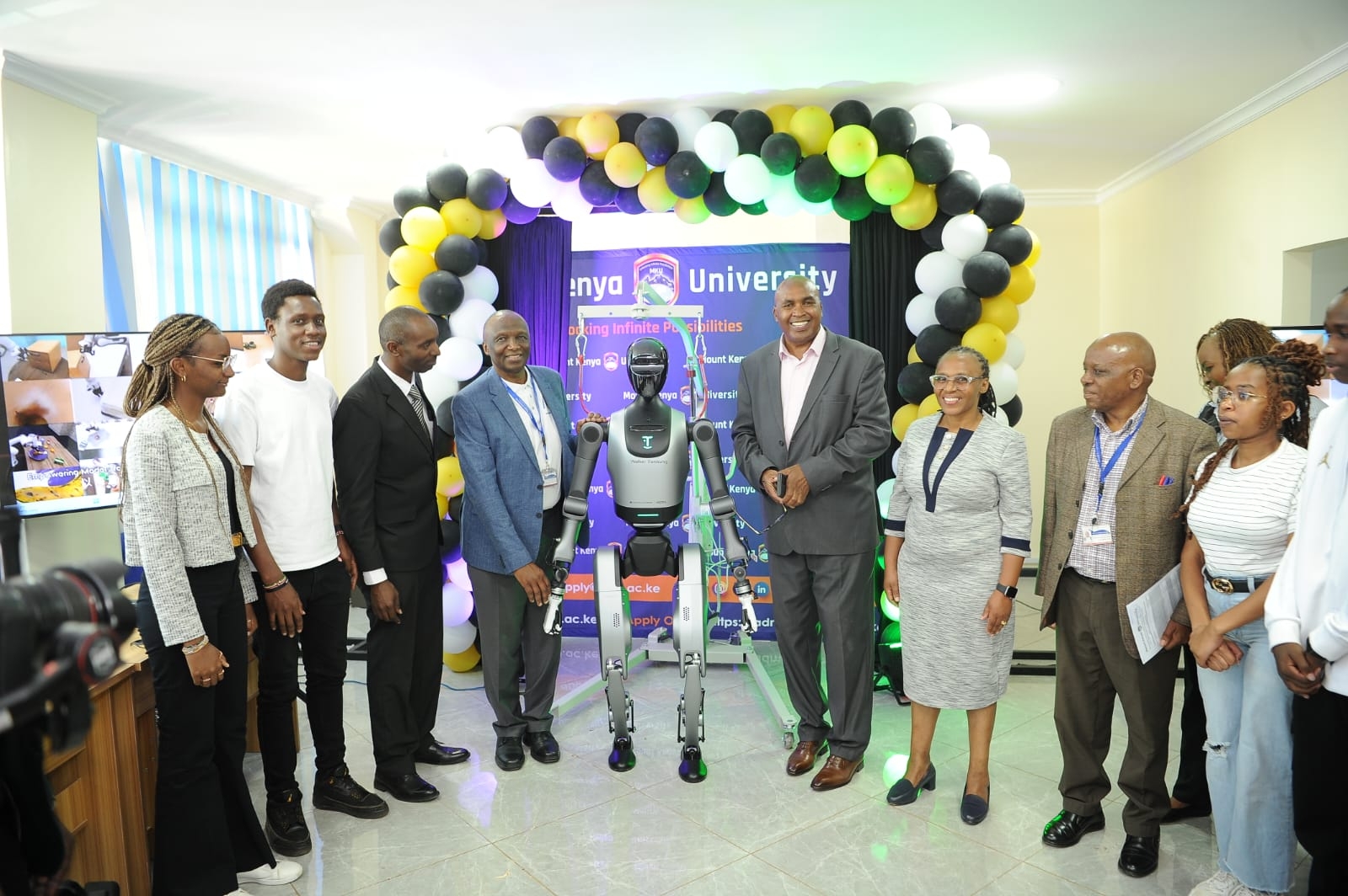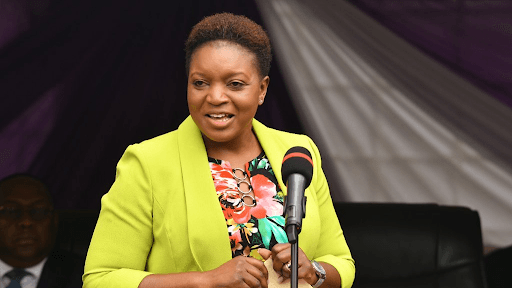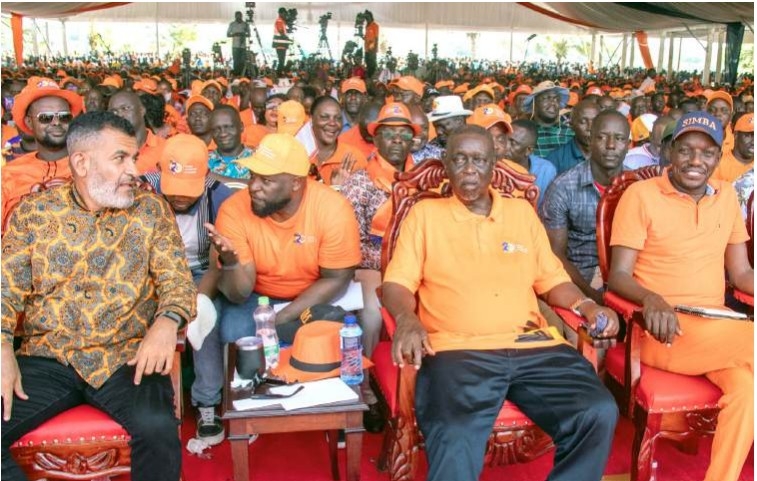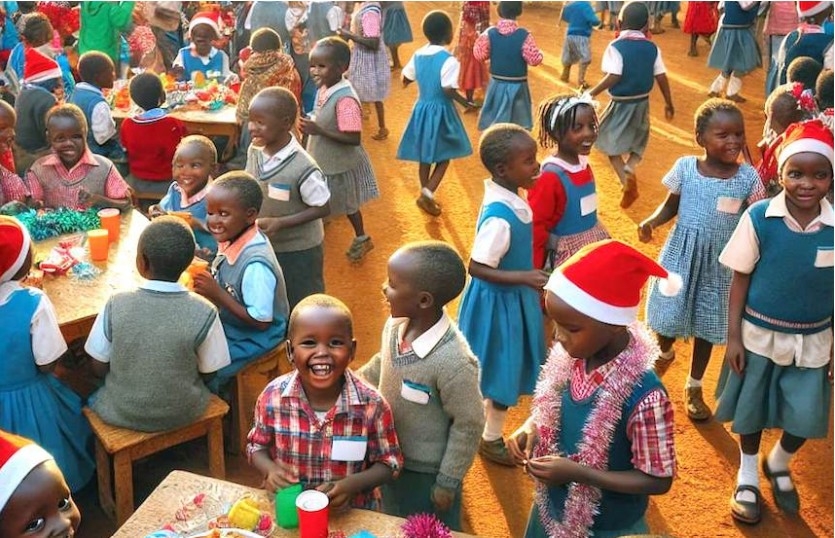Kenya is among 12 African countries set to receive 18 million doses of the first-ever malaria vaccine.
The 11 others include Ghana, Malawi, Benin, Burkina Faso, Burundi, Cameroon, DRC, Liberia, Niger, Sierra Leone and Uganda.
This is contained in a joint statement released by the World Health Organisation, Unicef and Gavi, the Vaccine Alliance on Wednesday.
The doses of the vaccine, RTS,S/AS01, will be received over the next two years are part of the efforts by health partners to combat malaria, one of the leading causes of death on the continent.
Kenya, Ghana and Malawi who are Malaria Vaccine Implementation Programme countries will receive doses to continue with the vaccinations in pilot areas.
The other nine countries will be introducing the vaccines in their routine immunisation programmes for the first time.
A statement from Unicef on Wednesday said the first doses of the vaccine are expected to arrive in countries during the last quarter of 2023, with countries starting to roll them out by early 2024.
“This vaccine has the potential to be very impactful in the fight against malaria, and when broadly deployed alongside other interventions, it can prevent tens of thousands of future deaths every year,” Thabani Maphosa said.
Maphosa is the Managing Director of Country Programmes Delivery at Gavi, the Vaccine Alliance.
“While we work with manufacturers to help ramp up supply, we need to make sure the doses that we do have are used as effectively as possible,” Maphosa added.
RTS,S/AS01 is the world's first malaria vaccine and the first approved vaccine to combat a human parasitic disease.
This pediatric vaccine acts against Plasmodium falciparum, the deadliest malaria parasite globally, and the most prevalent in Africa.
The RTS,S/AS01 vaccine has since been administered to more than 1.7 million children in Ghana, Kenya and Malawi since 2019.
The vaccine reduces the number of times a child gets malaria, including severe, life-threatening malaria, and it reduces child deaths.
In a statement on Wednesday, Unicef said the allocations have been determined through the application of the principles outlined in the Framework for allocation of limited malaria vaccine supply.
The principles prioritise doses to areas of highest need, where the risk of malaria illness and death among children are highest.
“Nearly every minute, a child under 5 years old dies of malaria,” Unicef Associate Director of Immunisation Ephrem Lemango said.
“For a long time, these deaths have been preventable and treatable; but the roll-out of this vaccine will give children, especially in Africa, an even better chance at surviving."
Lemango said as supply increases, the plan is to ensure hope more children can benefit from the life-saving advancement.
At least 28 African countries have expressed interest in receiving the malaria vaccine.
Given the limited supply in the first years of the roll-out of this new vaccine, the World Health Organisation in 2022 convened expert advisors, primarily from Africa where the burden of malaria is greatest.
The aim was to support the development of a Framework for the allocation of limited malaria vaccine supply, to guide where initially limited doses would be allocated.
According to Unicef, the annual global demand for malaria vaccines is estimated at 40 to 60 million doses by 2026 alone and is expected to grow to 80 to 100 million doses each year by 2030.
In addition to the RTS, S/AS01 vaccine, it is expected that a second vaccine, R21/Matrix-M, developed by Oxford University and manufactured by Serum Institute of India (SII), could also be prequalified by WHO soon.














![[PHOTOS] Ole Ntutu’s son weds in stylish red-themed wedding](/_next/image?url=https%3A%2F%2Fcdn.radioafrica.digital%2Fimage%2F2025%2F11%2Ff0a5154e-67fd-4594-9d5d-6196bf96ed79.jpeg&w=3840&q=100)
